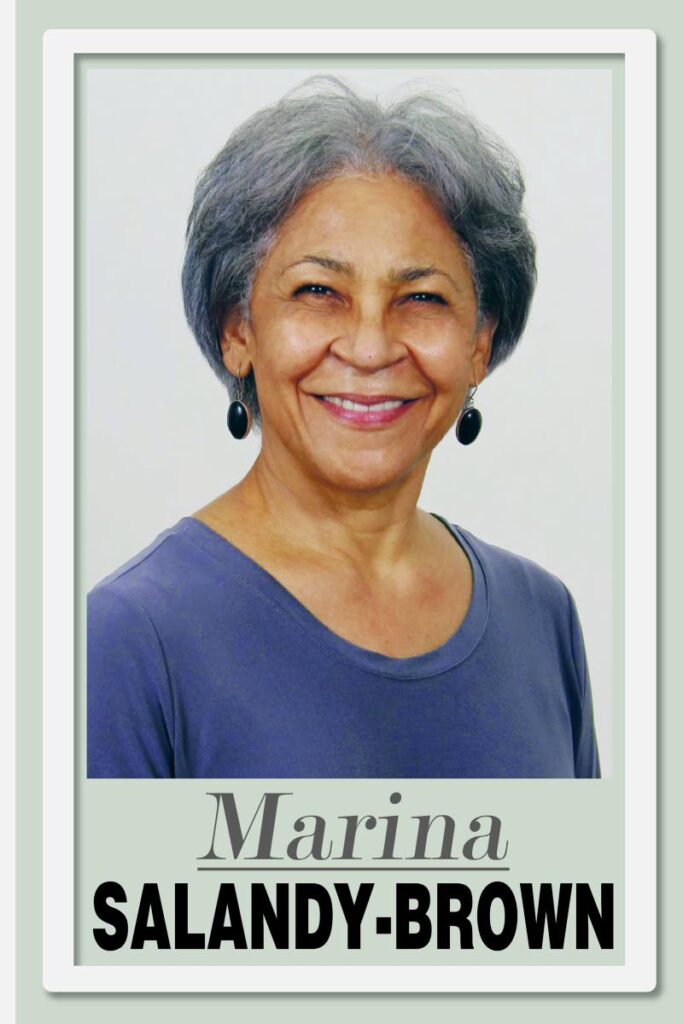Police hiding at night

Dr Rowley’s bald statement last week about police stations being locked and kept unlit at night produced a quick and assertive response from the Commissioner of Police. It was no surprise that CoP Harewood-Christopher denied the veracity of the statement and acted properly in reassuring the public that the police have our back at all times of the day and night.
All good managers and CEOs know that apologising while defending your troops is what you must do; then you sort out the mess internally, away from public gaze.
Rule number one in management is that you do not blame a junior member of staff or your assistant for any error, and you do not throw your people to the lions. You take full responsibility for the infringement, and if it is serious enough, you resign, because the buck has to stop with you.
The problem with that rule is that you have to depend on your senior managers and middle managers to ensure that operations are as they should be. The bigger the operation, the more important it is that appropriate structures exist to guarantee your policies are well implemented from top to bottom so that you are on a sure footing when you have to defend your organisation.
Truth be told, the CoP cannot really swear on her mother’s grave that the PM’s information is wrong, only that it is not meant to be.
That being so, in the TTPS, which is a very big and complex operation with many clients and is, in effect, an armed security service, the implementation of the policy has to be regimented with no room for error, because Murphy’s Law guarantees that whatever can go wrong will.
There should be no room for error and failure of duty. The police should be a little different from the army about the precision and perfection of the service. After all, the army protects us from external enemies and the police protect us and the state against internal enemies.
The media statement released by the police and followed up by a statement by Deputy CoP (DCP) Junior Benjamin in the wake of the PM’s accusation about the apparent lack of courage of the police, hiding at night from criminals, was very revealing in two aspects: the first is that levels of security are tailored to citizens according to the area in which we live and work. Police stations normally “are categorised as A, B and C class, which determines the scope of services that are provided from each station location.”
The police service offers many services, from providing character certificates, licences and permits, to doing what we most expect police officers to do – keeping the peace and us safe in our homes and public places. We have to hope that whatever level area we happen to live or work in has “dealing with acts or crime” as the bare minimum service.
The stories are legendary of the police not having cars to go to crime scenes. Maybe that’s because those crimes occur in category C areas, or maybe A, and it is a plain falsehood that a car is not available. Maybe for safety reasons we should be thinking of moving to a different-category area, if only we knew the designations and why they are so classified.
The police website does not reveal this modus operandi, which leads to another revelation about the running of the police service: It needs to improve its messaging.
It is always better to be accountable. Understandably, for financial and practical reasons, such as crime hotspots and population size and age, all stations cannot be equally equipped, but it is much better to tell us so.
The result of withholding information is that people fill the gaps with unfounded beliefs and erroneous deductions, and it is extremely difficult to change minds. Much better to let people know what you would prefer them to think.
For example, the CoP must know that the many huge piles of wrecked police vehicles nationwide are offensive to the public for the wastage they represent; a statement about the numbers, the reason and police plans for them could earn brownie points instead.
DCP Benjamin cannot be unaware that the reasons he gave for unlit police stations reduce our confidence in the police service. We need police stations that are lit, and he must find better ways of seeing out and not seeing in. I, for one, would not approach a dark police station in the hope of finding the doors open. It is not good policing or a good service.
The state of emergency has been widely reported internationally. Innumerable enquiries about my welfare have been embarrassing. Let’s hope that at least one of its outcomes is that the lights stay on at night and the police improve its storytelling.

Comments
"Police hiding at night"